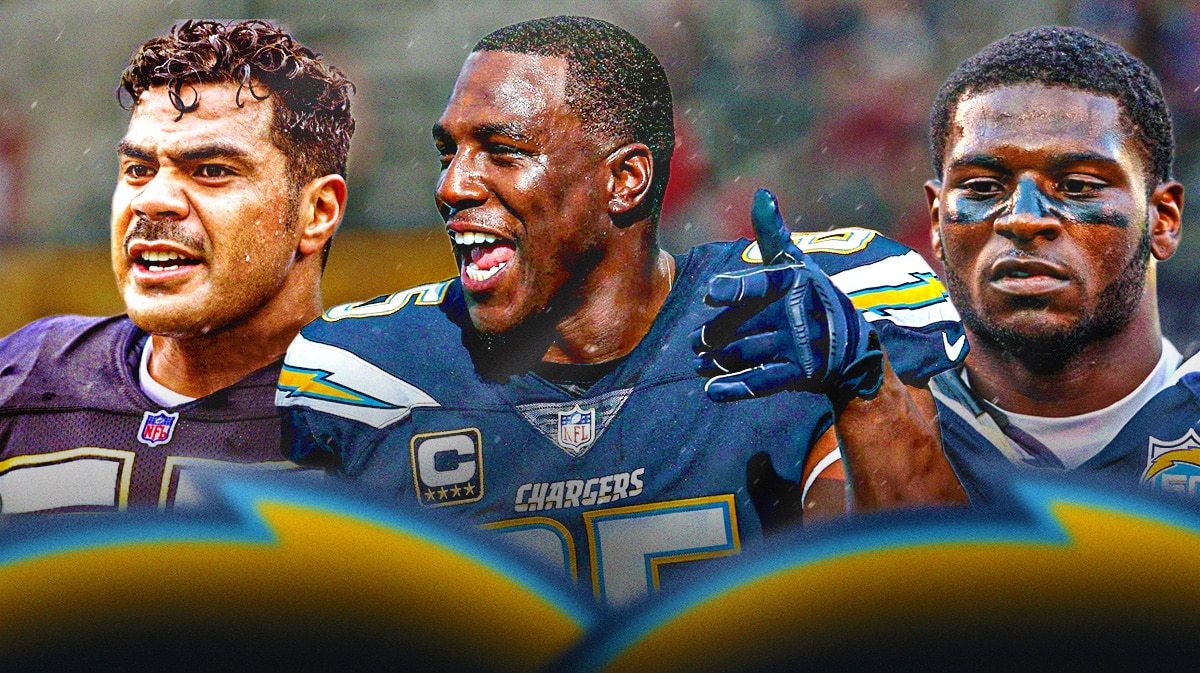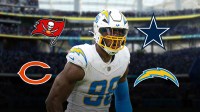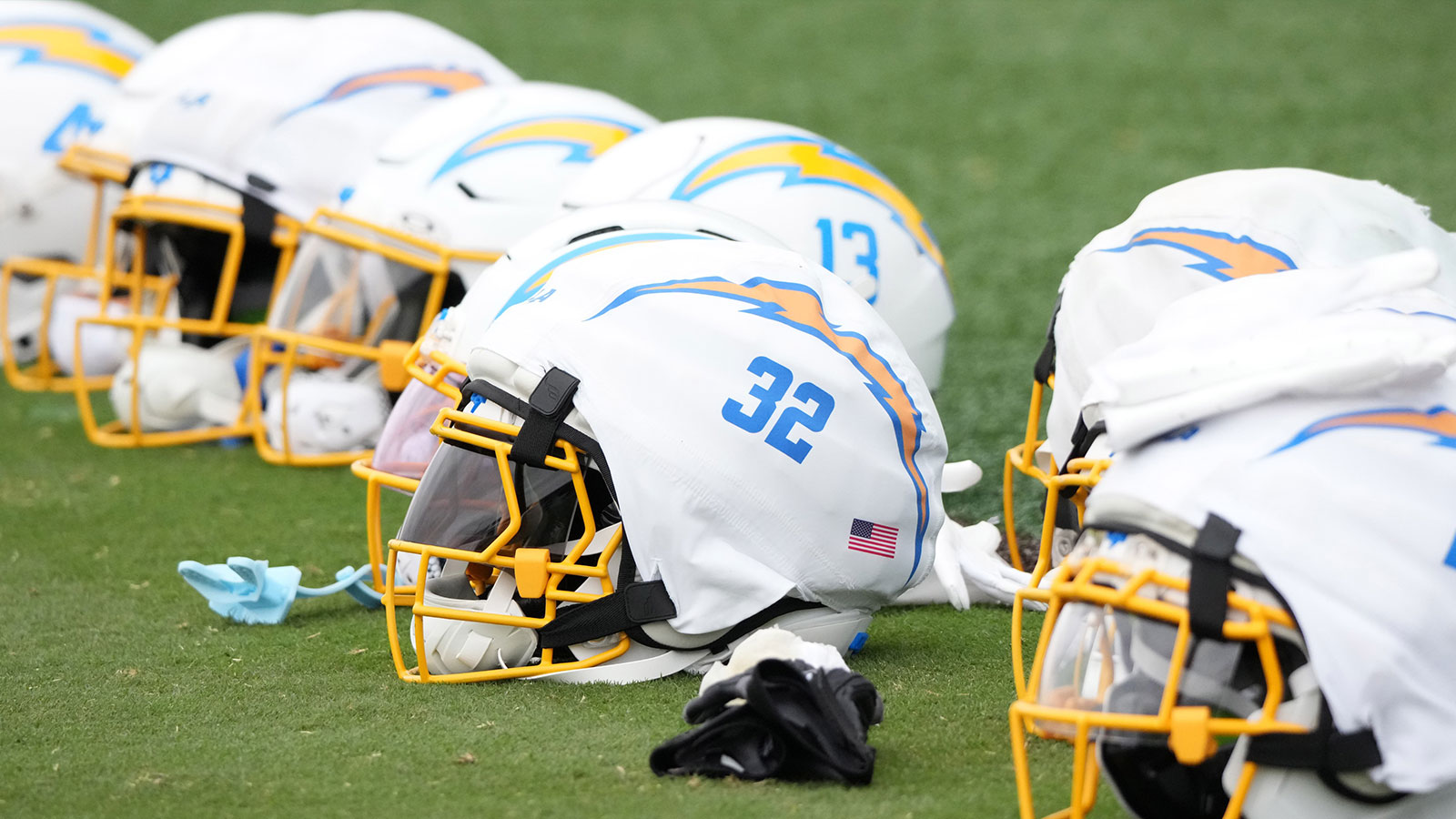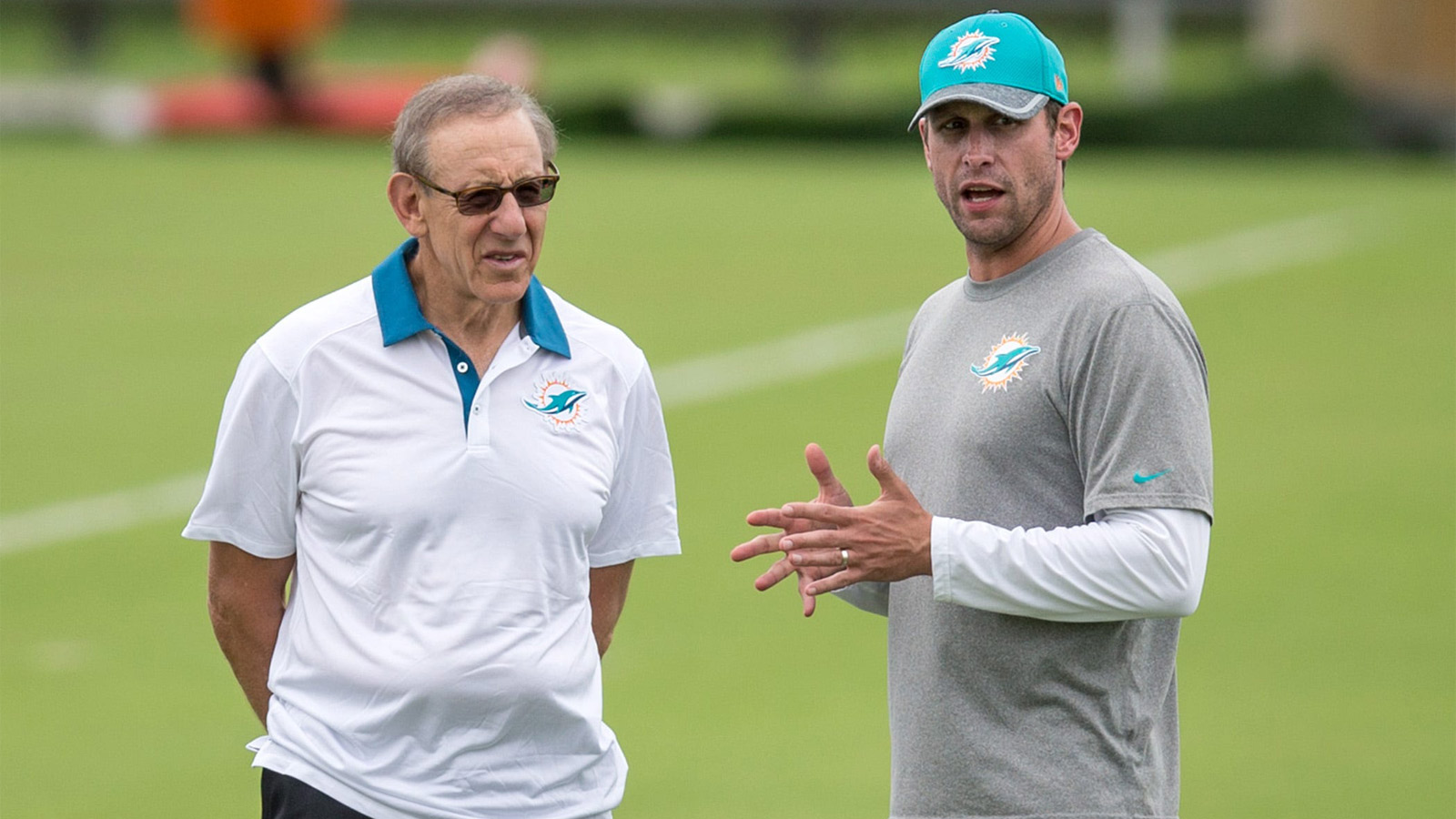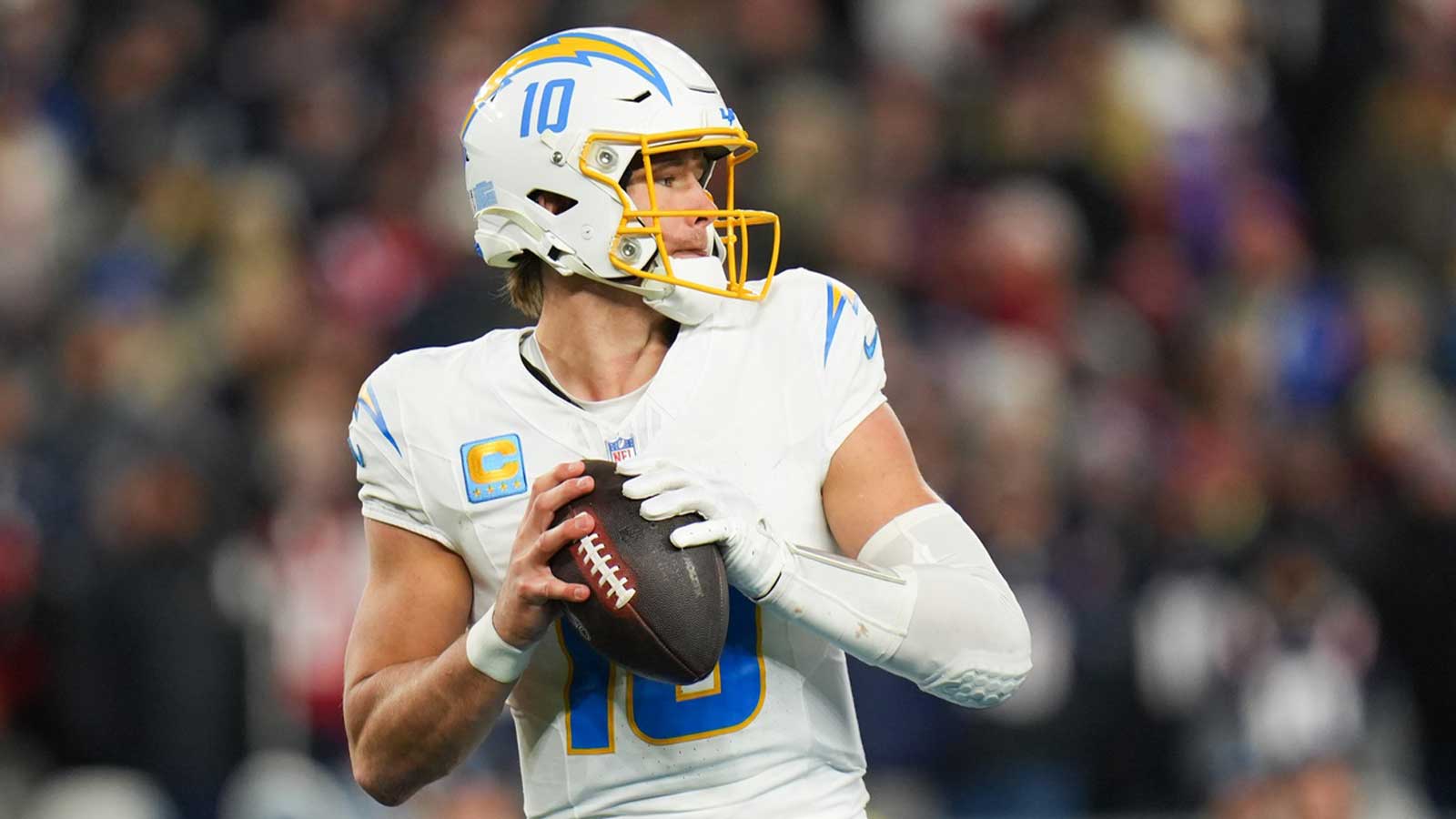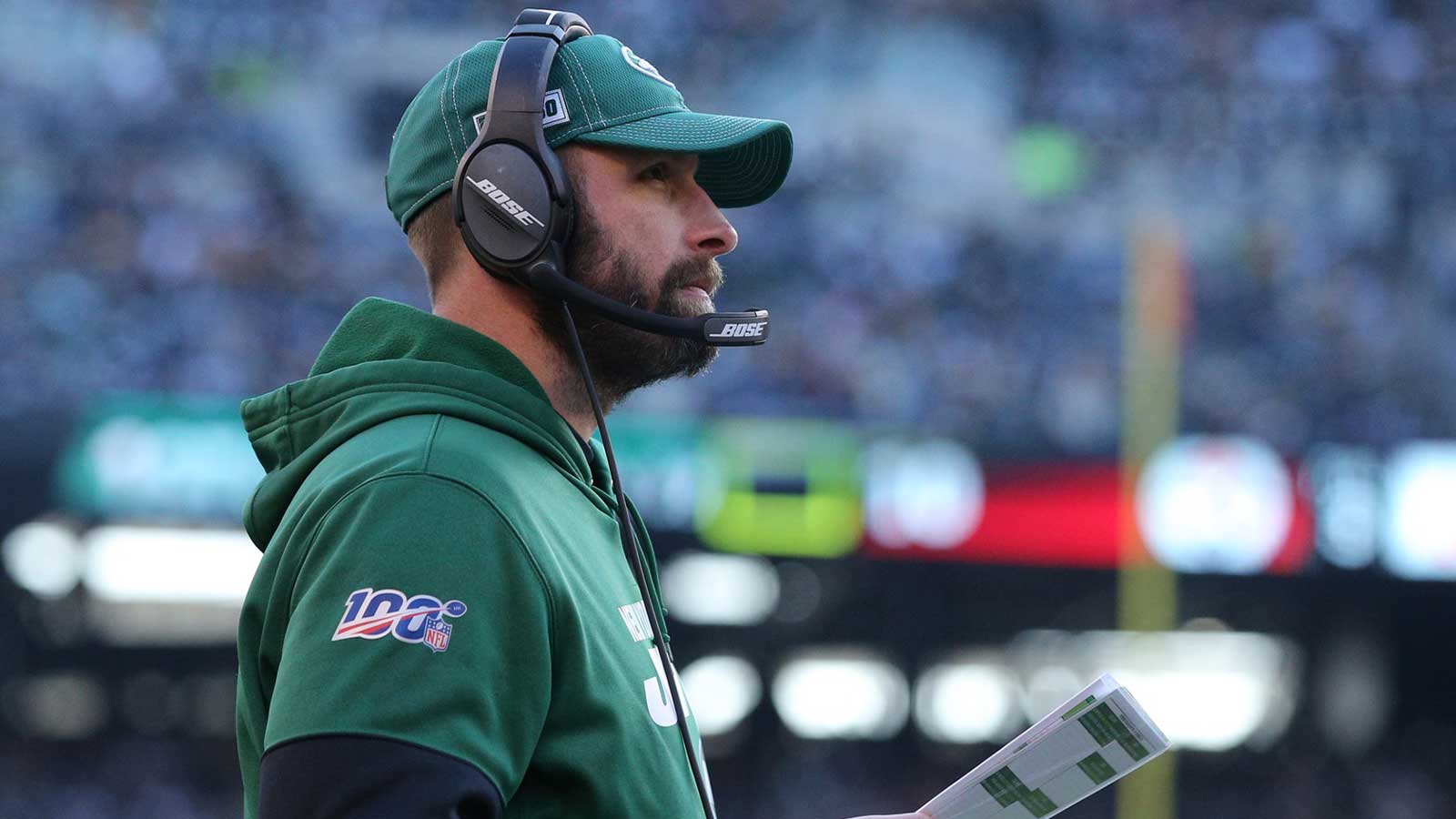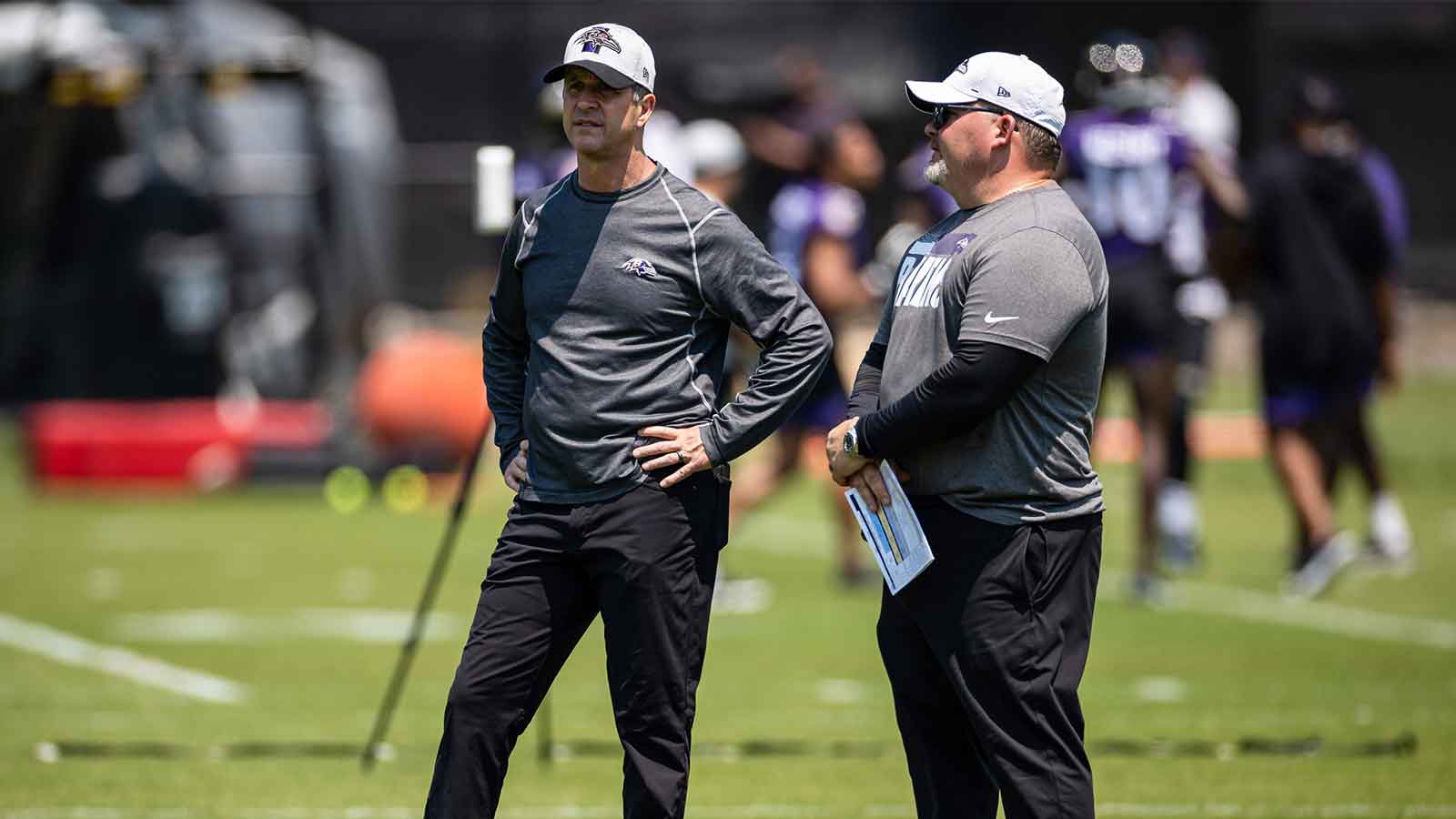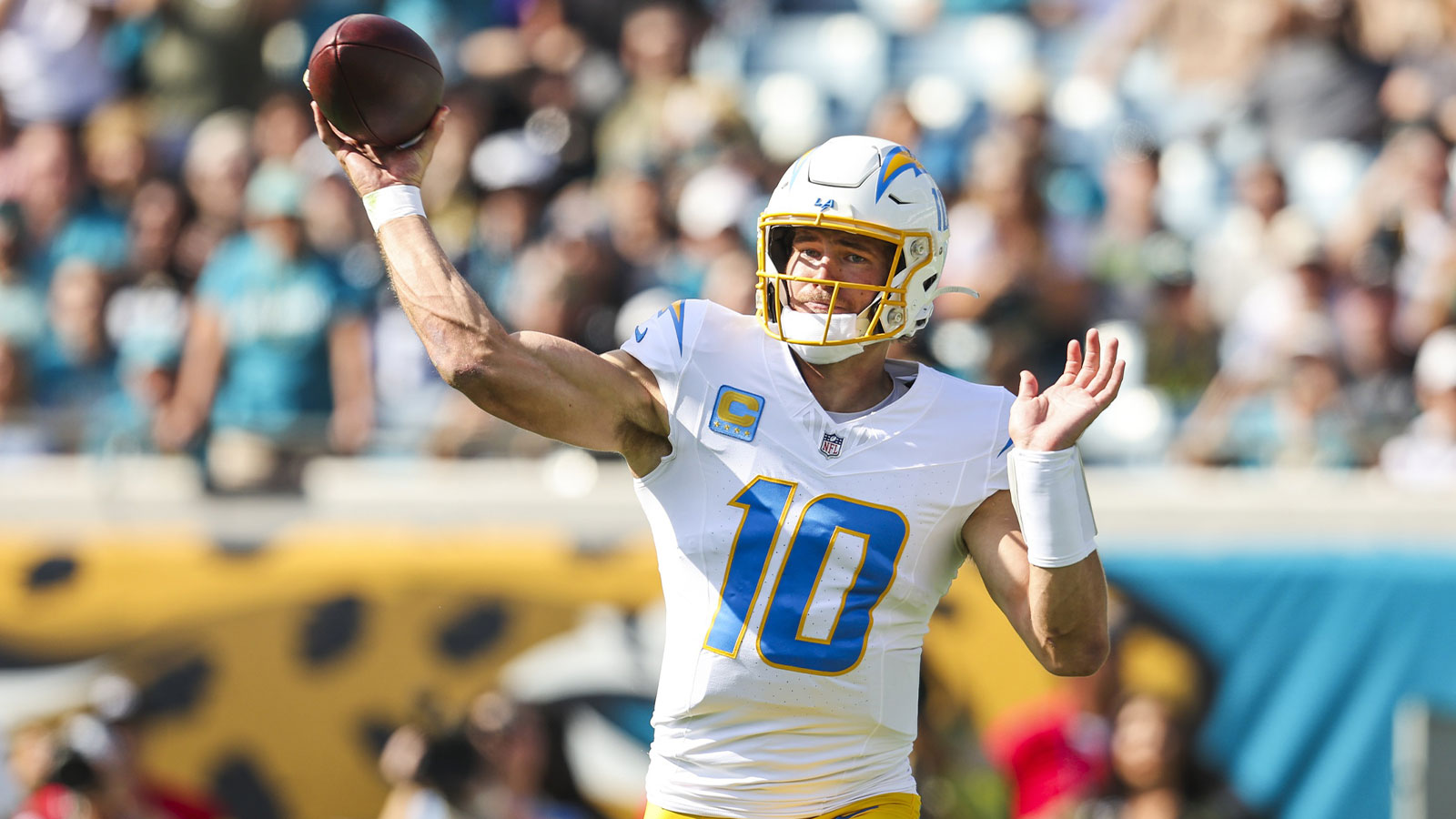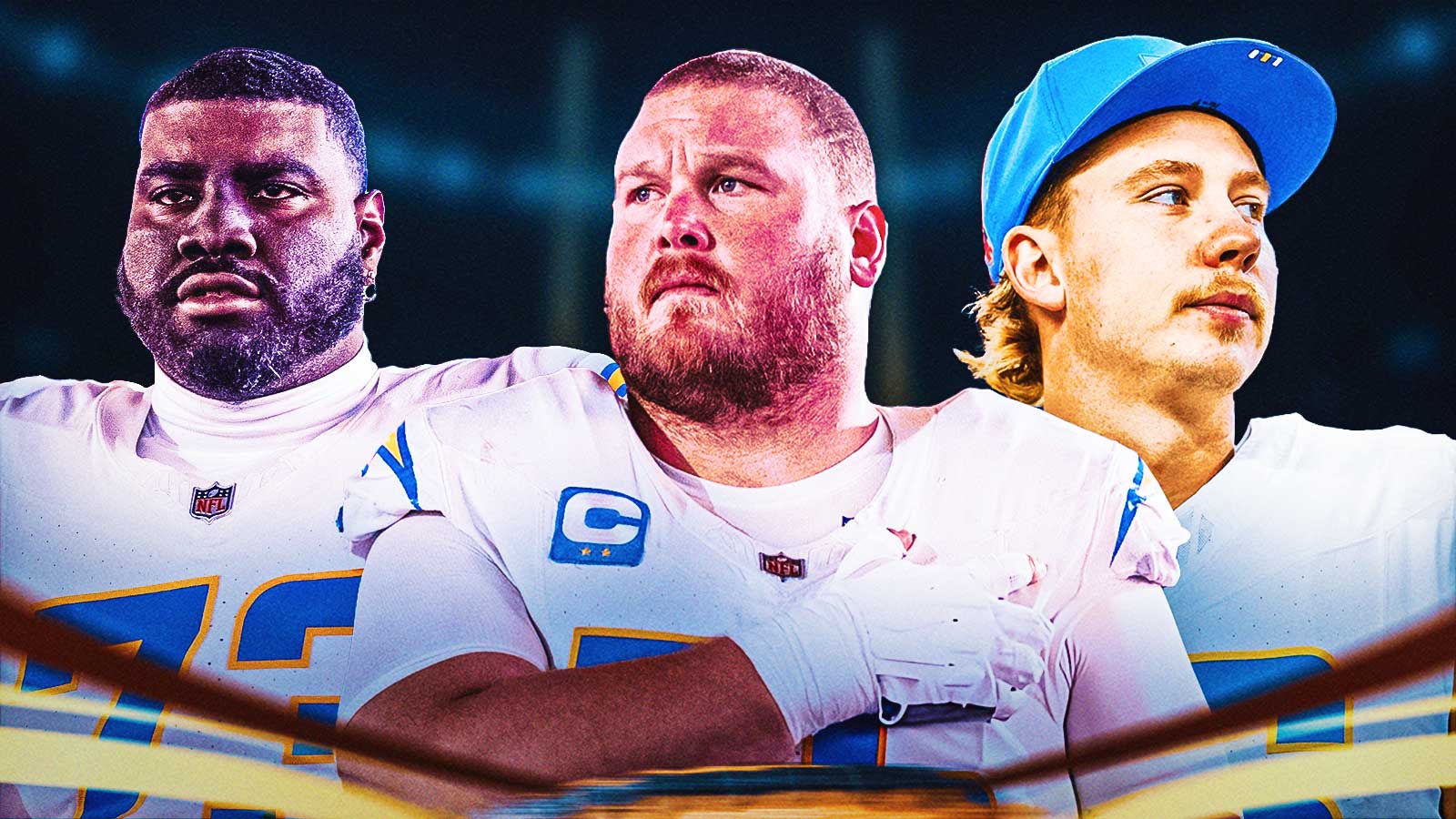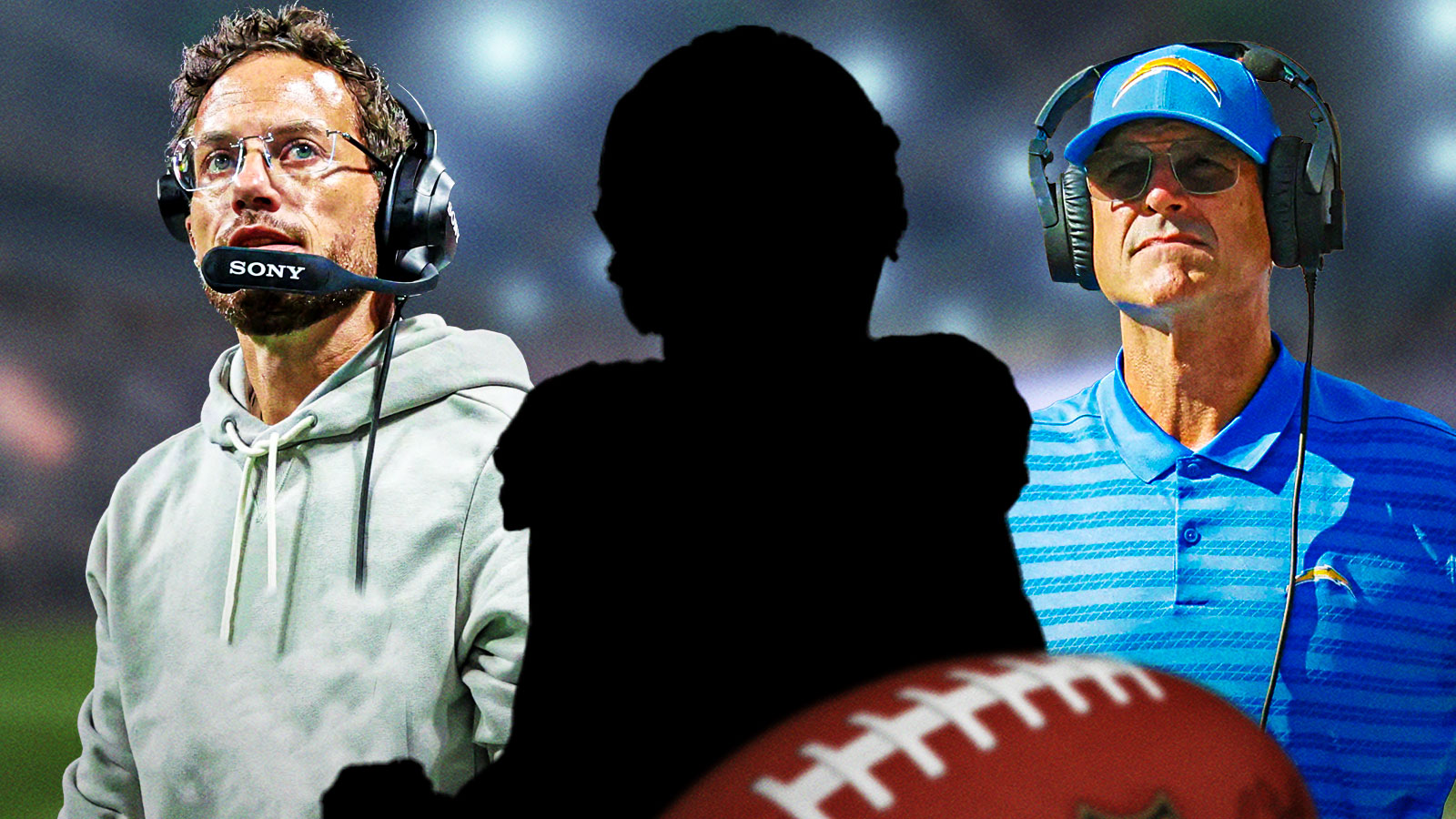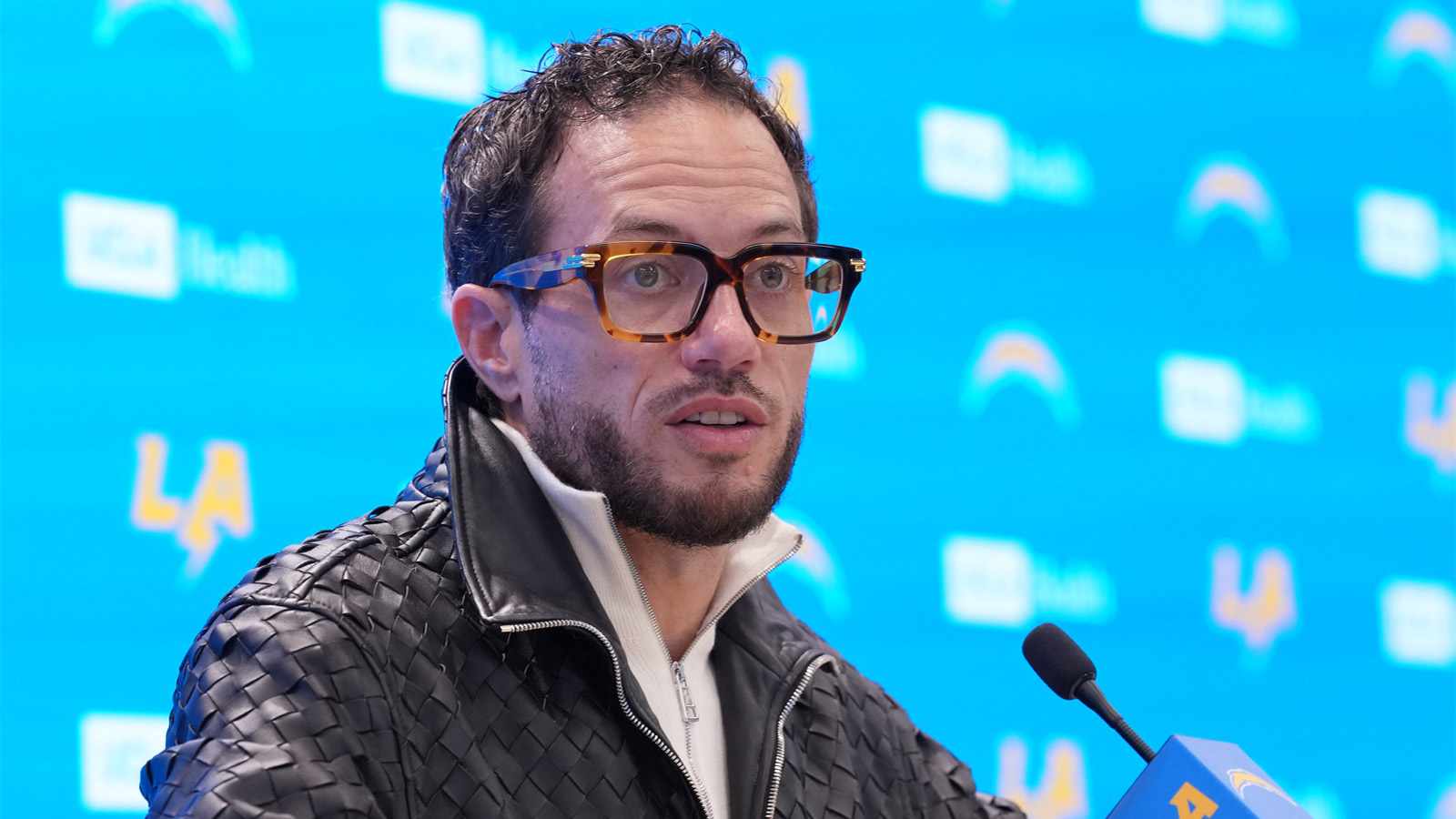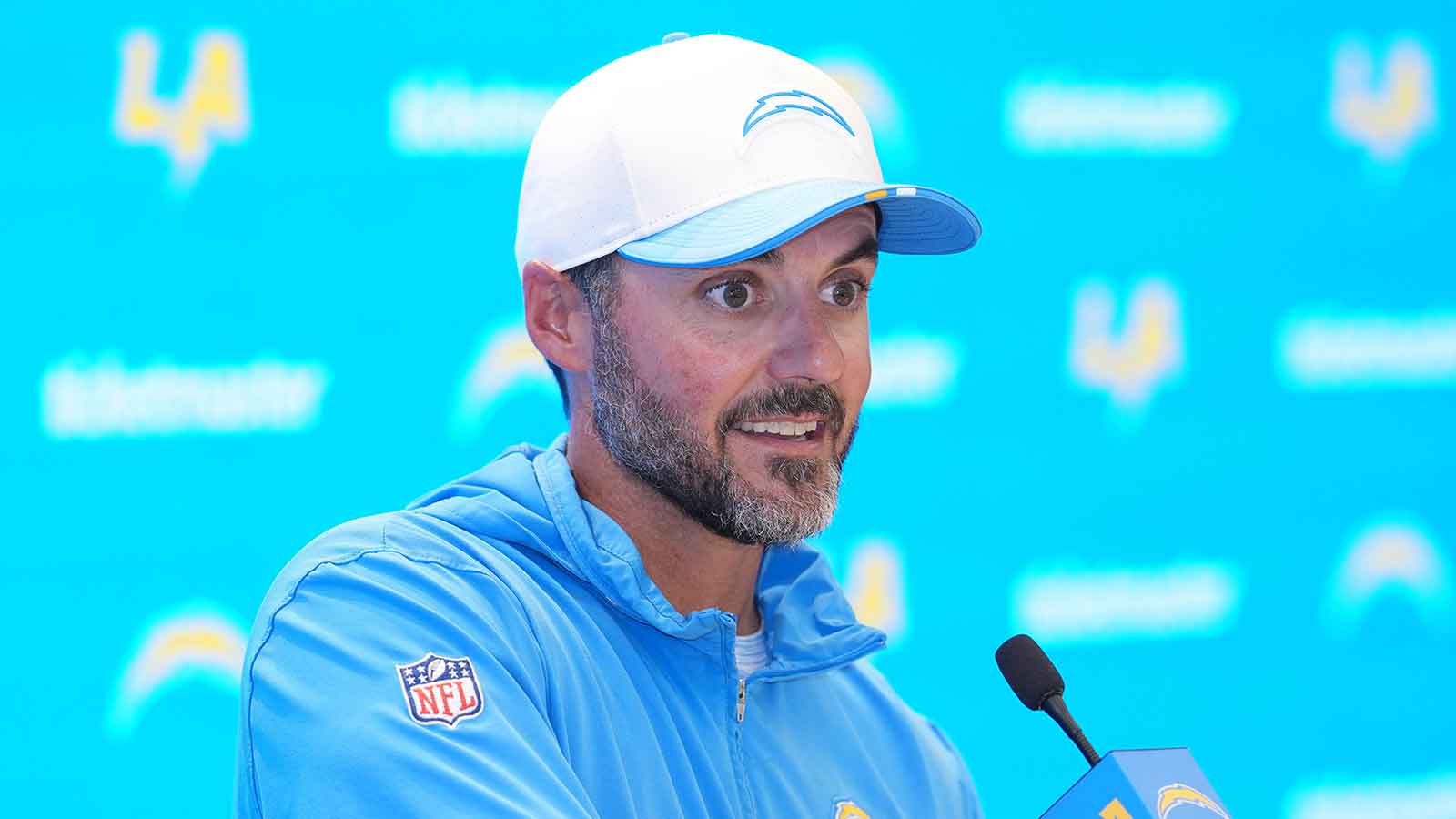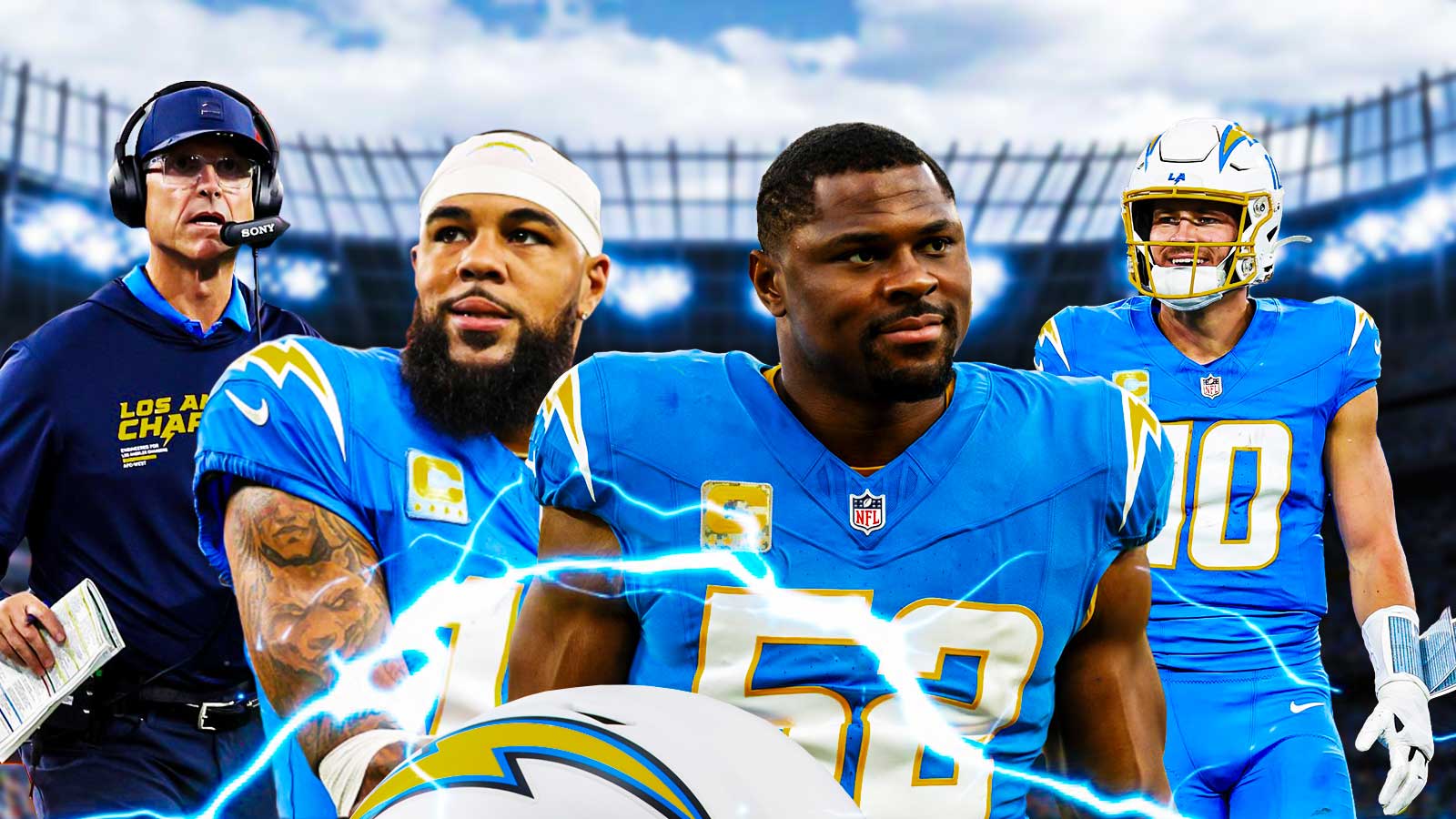The Los Angeles Chargers, formerly known as the San Diego Chargers, have a rich history filled with remarkable talent. From electrifying offensive stars to dominating defensive forces, the Chargers have produced some of the greatest players in NFL history. As the Chargers prepare for the upcoming 2025 NFL Draft, we rank the 10 greatest players in Chargers history.

10. Leslie O'Neal (DE, 1986-1995)
Leslie O'Neal was one of the most dominant pass rushers in Chargers history. Known for his explosive first step and relentless pursuit of the quarterback, O'Neal was a force to be reckoned with on the defensive line.
During his time with the Chargers, O'Neal recorded 105.5 sacks, making him the all-time sack leader for the franchise at the time of his departure. He was a six-time Pro Bowl selection and earned All-Pro honors twice.
O'Neal's impact on the game was immediate and sustained. He won the NFL Defensive Rookie of the Year award in 1986 after recording 12.5 sacks in his debut season. Despite suffering a major knee injury in 1987, O'Neal bounced back and continued to terrorize opposing offenses for nearly a decade.
His ability to disrupt the passing game and his consistent production made him a cornerstone of the Chargers' defense. O'Neal's legacy as one of the greatest defensive players in Chargers history is well-deserved, and his contributions to the team helped establish a tradition of strong defensive play.
9. Ron Mix (OT, 1960-1969)
Ron Mix was one of the most dominant offensive linemen of his era, known for his strength, technique, and intelligence. Mix was a key component of the Chargers' powerful offensive line, protecting the quarterback and opening up running lanes.
He was an eight-time Pro Bowl selection and earned All-Pro honors nine times. Mix's contributions to the game and the Chargers franchise earned him induction into the Pro Football Hall of Fame in 1979.
Mix's dominance on the field was unparalleled. His ability to neutralize opposing defensive linemen and create opportunities for his teammates made him a cornerstone of the Chargers' offense.
Mix's intelligence and technique set him apart, and he was known for his discipline and work ethic. His impact on the game was so profound that he was one of the first offensive linemen to be inducted into the Hall of Fame. Mix's legacy as one of the greatest offensive linemen in NFL history is well-deserved.
8. Lance Alworth (WR, 1962-1970)
Lance Alworth, known as “Bambi” for his graceful playing style, was one of the most electrifying wide receivers of his era. Alworth's speed, hands, and route-running ability made him a favorite target in the Chargers' high-flying offense. He recorded 493 receptions for 9,584 yards and 81 touchdowns during his time with the Chargers.
Alworth was a seven-time Pro Bowl selection and a six-time All-Pro. He was inducted into the Pro Football Hall of Fame in 1978, cementing his legacy as one of the greatest receivers in history.
Alworth's influence on the wide receiver position was profound. At a time when the passing game was not as dominant as it is today, Alworth's ability to make big plays downfield set him apart.
His 19.2 yards per reception average is a testament to his big-play ability. Alworth's smooth route running and exceptional hands made him a reliable and explosive target. He was a trailblazer, setting the standard for future generations of wide receivers.
7. Charlie Joiner (WR, 1976-1986)
Charlie Joiner was the epitome of consistency and professionalism during his career with the Chargers. Known for his precise route running and reliable hands, Joiner became a favorite target for Chargers quarterbacks.
He recorded 586 receptions for 9,203 yards and 47 touchdowns with the Chargers. Joiner was a three-time Pro Bowl selection and an All-Pro in 1980. His career achievements and contributions to the game earned him induction into the Pro Football Hall of Fame in 1996.
Joiner's longevity and productivity were remarkable. At a time when players did not have the same training and medical advancements as today, Joiner maintained a high level of performance well into his 30s.
His work ethic and attention to detail made him a model professional. Joiner's impact on the game is also seen in his post-playing career, where he has served as a coach, imparting his wisdom to the next generation of players.
6. Philip Rivers (QB, 2004-2019)
Philip Rivers was the face of the Chargers franchise for 16 seasons, known for his fiery competitiveness and impressive passing ability. Rivers threw for 59,271 yards, 397 touchdowns, and 198 interceptions during his career with the Chargers.
He led the team to multiple playoff appearances and was an eight-time Pro Bowl selection. Rivers' consistency, leadership, and impact on the franchise make him one of the greatest quarterbacks in Chargers history.
Rivers' tenure with the Chargers was marked by his toughness and durability. He started 240 consecutive games, the second-longest streak by a quarterback in NFL history. Rivers' ability to make plays under pressure and his competitive spirit endeared him to Chargers fans.
Despite never winning a Super Bowl, Rivers' individual accomplishments and leadership qualities solidify his place among the franchise's all-time greats. His fiery demeanor and willingness to play through injuries exemplified his dedication to the game and his team.
5. Antonio Gates (TE, 2003-2018)
Antonio Gates, an undrafted free agent, emerged as one of the greatest tight ends in NFL history. Known for his basketball background, Gates used his size and athleticism to dominate defenders. He recorded 955 receptions for 11,841 yards and 116 touchdowns, the most by a tight end in NFL history.
Gates was an eight-time Pro Bowl selection and a three-time All-Pro. His incredible career and impact on the Chargers franchise will be honored when he is inducted into the Hall of Fame in 2025. The Chargers will play in the Hall of Fame Game as part of the celebration of the new Hall of Fame class.
Gates' story is one of perseverance and talent. Transitioning from college basketball to the NFL is a rare feat, yet Gates made it look effortless. His ability to box out defenders and his exceptional hands made him a reliable target for quarterbacks.
Gates' chemistry with Rivers was particularly notable as the duo connected for numerous touchdowns over their careers. Gates' influence extends to the next generation of tight ends, many of whom cite him as an inspiration.
4. Kellen Winslow (TE, 1979-1987)
Kellen Winslow revolutionized the tight end position with his athleticism and receiving ability. A key component of the Chargers' “Air Coryell” offense, Winslow was a matchup nightmare for defenses.
He recorded 541 receptions for 6,741 yards and 45 touchdowns during his career. Winslow was a five-time Pro Bowl selection and a three-time All-Pro. His contributions to the game were recognized with his induction into the Pro Football Hall of Fame in 1995.
Winslow's impact went beyond his impressive statistics. His ability to stretch the field and make plays after the catch changed how tight ends were used in the NFL. Before Winslow, tight ends were primarily blockers or short-yardage receivers.
Winslow's versatility showed that tight ends could be primary receiving threats, leading to the evolution of the position. His performance in the 1981 AFC Divisional Playoff Game, where he caught 13 passes for 166 yards and a touchdown despite playing through multiple injuries, is one of the most heroic individual efforts in NFL history.
3. Dan Fouts (QB, 1973-1987)
Dan Fouts was the architect of the Chargers' “Air Coryell” offense, known for his prolific passing numbers and ability to spread the ball around. Fouts threw for 43,040 yards, 254 touchdowns, and 242 interceptions during his career.
He was a six-time Pro Bowl selection and earned All-Pro honors twice. Fouts' contributions to the game and the Chargers franchise earned him a place in the Pro Football Hall of Fame in 1993.
Fouts' impact on the game was significant. Under legendary head coach Don Coryell, the Chargers' offense became one of the most exciting in NFL history. Fouts' ability to read defenses and distribute the ball to a variety of weapons made the Chargers a perennial contender.
His leadership and skill helped set the stage for the modern passing game. Fouts' legacy is not only measured by his statistics but also by the influence he had on the evolution of offensive football.
2. LaDainian Tomlinson (RB, 2001-2009)
LaDainian Tomlinson, or “LT,” was one of the most dynamic and versatile running backs in NFL history. Known for his ability to both run and catch the ball, Tomlinson amassed 12,490 rushing yards, 4,772 receiving yards, and 162 total touchdowns during his time with the Chargers.
He was a five-time Pro Bowl selection, three-time All-Pro, and won the NFL MVP award in 2006. Tomlinson's incredible career and impact on the game earned him induction into the Pro Football Hall of Fame in 2017.
Tomlinson's versatility and ability to find the end zone made him one of the most feared offensive players of his era. His 31 touchdowns in the 2006 season set an NFL record and highlighted his ability to dominate both as a runner and receiver. Tomlinson's work ethic and professionalism set a standard for excellence.
His contributions extended beyond the field, as he was also known for his community involvement and leadership. Tomlinson's impact on the game and the Chargers franchise is undeniable, making him one of the greatest running backs in NFL history.
1. Junior Seau (LB, 1990-2002)
Junior Seau was the heart and soul of the Chargers' defense for more than a decade. Known for his relentless energy, leadership, and playmaking ability, Seau was a force to be reckoned with on the field. He recorded 1,847 tackles, 56.5 sacks, and 18 interceptions during his time with the Chargers.
Seau was a 12-time Pro Bowl selection and a six-time All-Pro. His impact on the game and the Chargers franchise earned him a spot in the Pro Football Hall of Fame in 2015.
Seau's presence on the field was transformative. His ability to read plays, combined with his incredible athleticism, made him a linebacker who could do it all—whether it was stopping the run, rushing the passer, or dropping back into coverage.
Seau's leadership extended off the field as well; he was a mentor to younger players and a pillar in the San Diego community. His tragic passing in 2012 highlighted the need for greater attention to players' health and well-being post-retirement, cementing his legacy as both a great player and an advocate for change.

